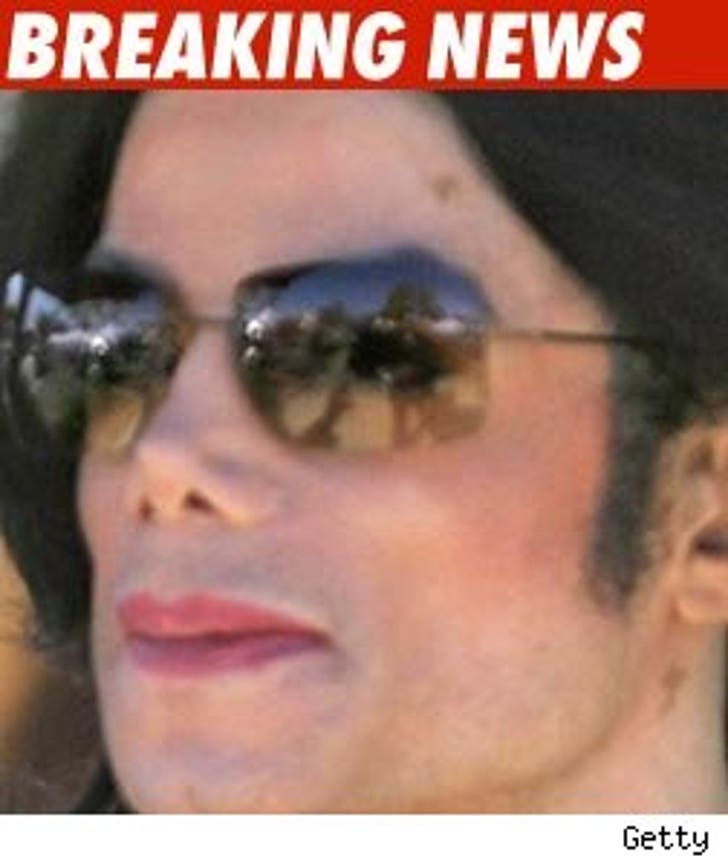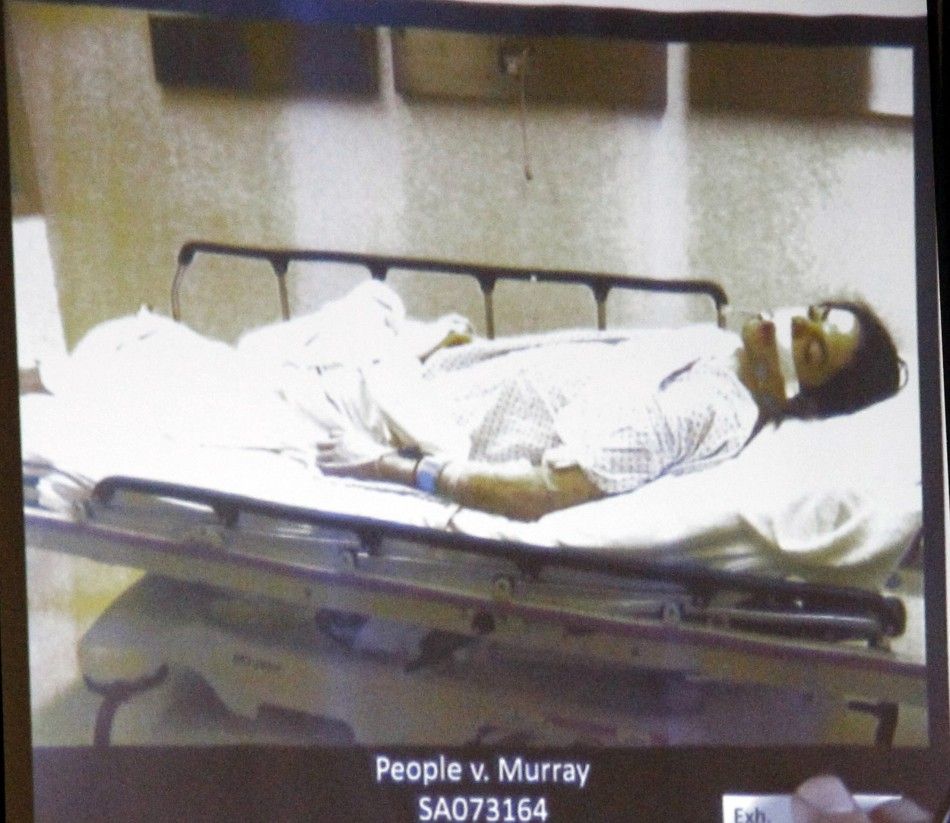The tragic death of Michael Jackson on June 25, 2009, left the world in shock and disbelief. The King of Pop's untimely demise at the age of 50 sparked numerous investigations, including a detailed autopsy that sought to uncover the exact cause of his death. The findings revealed a complex medical scenario that captured global attention and raised significant questions about his final days.
Michael Jackson's autopsy report became one of the most scrutinized documents in medical history, as millions of fans worldwide wanted answers regarding their idol's passing. The autopsy findings played a pivotal role in the subsequent legal proceedings, particularly the trial of Dr. Conrad Murray, who was charged with involuntary manslaughter.
As we delve into the details of Michael Jackson's autopsy, this article aims to provide a comprehensive understanding of the events surrounding his death, the medical conditions revealed during the autopsy, and the implications of the findings. This exploration will shed light on the truth behind one of the most iconic figures in music history.
Read also:Ceedee Lambs Girlfriend Unveiling The Relationship And Her Story
Table of Contents
- Biography of Michael Jackson
- Overview of the Autopsy
- Cause of Death
- Medical Conditions Identified
- Legal Implications of the Autopsy
- Drugs Involved in the Death
- Family Reactions to the Autopsy Results
- Public Response and Media Coverage
- Impact on Michael Jackson's Legacy
- Conclusion
Biography of Michael Jackson
Early Life and Career
Michael Joseph Jackson was born on August 29, 1958, in Gary, Indiana, to Joseph and Katherine Jackson. He rose to fame as a member of The Jackson 5 before embarking on a solo career that would redefine the music industry. Below is a summary of his personal and professional life:
| Full Name | Michael Joseph Jackson |
|---|---|
| Date of Birth | August 29, 1958 |
| Place of Birth | Gary, Indiana, USA |
| Occupation | Singer, Songwriter, Dancer, Philanthropist |
| Spouse(s) | Lisa Marie Presley (1994–1996), Debbie Rowe (1996–1999) |
| Children | Prince Michael Jackson I, Paris Michael Katherine Jackson, Prince Michael Jackson II |
Michael Jackson's career spanned over four decades, during which he released iconic albums such as "Thriller," "Bad," and "Dangerous." His influence extended beyond music, as he became a cultural icon known for his groundbreaking performances and humanitarian efforts.
Overview of the Autopsy
The autopsy of Michael Jackson was conducted by the Los Angeles County Coroner's Office shortly after his death. The procedure aimed to determine the cause and manner of his passing, given the sudden and unexpected nature of his demise.
Key aspects of the autopsy included:
- External examination of the body
- Internal examination of organs
- Analysis of toxicology reports
The autopsy findings were critical in understanding the medical conditions that contributed to his death and provided a foundation for the legal proceedings that followed.
Cause of Death
The official cause of Michael Jackson's death, as determined by the autopsy, was acute propofol intoxication. Propofol, a powerful anesthetic, was administered in a non-medical setting, leading to fatal consequences.
Read also:How Old Was Bob Marley Before He Died A Comprehensive Exploration
Dr. Conrad Murray, Jackson's personal physician at the time, was found to have administered the drug in an unsafe manner. The coroner's report classified the death as a homicide due to the improper use of medication.
Medical Conditions Identified
Chronic Sleep Deprivation
One of the significant medical conditions identified during the autopsy was chronic sleep deprivation. Michael Jackson had been struggling with insomnia for months leading up to his death. This condition contributed to his reliance on sedatives and other medications to induce sleep.
Cardiovascular Issues
The autopsy also revealed underlying cardiovascular issues, which may have exacerbated the effects of the medications he was taking. These conditions highlighted the importance of proper medical supervision in managing his health.
Legal Implications of the Autopsy
The findings from Michael Jackson's autopsy had profound legal implications, particularly in the case against Dr. Conrad Murray. The coroner's report served as key evidence in the trial, leading to Murray's conviction for involuntary manslaughter in 2011.
During the trial, expert witnesses testified about the dangers of administering propofol outside a clinical setting. The verdict underscored the responsibility of medical professionals to prioritize patient safety above all else.
Drugs Involved in the Death
Besides propofol, the autopsy revealed the presence of other drugs in Michael Jackson's system, including lorazepam, midazolam, and diazepam. These medications were prescribed to manage his insomnia but were ultimately misused in a manner that proved fatal.
A study published in the Journal of Forensic Sciences analyzed the interaction of these drugs and concluded that their combined effects likely contributed to respiratory depression, which ultimately led to cardiac arrest.
Family Reactions to the Autopsy Results
The Jackson family expressed shock and disbelief upon learning the details of the autopsy. In a statement, they condemned the actions of Dr. Conrad Murray and called for justice to be served.
Michael's mother, Katherine Jackson, played an instrumental role in advocating for accountability in her son's death. Her testimony during the trial highlighted the emotional toll of losing a beloved family member under such tragic circumstances.
Public Response and Media Coverage
Michael Jackson's autopsy results sparked widespread public interest and media coverage. Fans around the world were devastated by the revelation of the circumstances surrounding his death. Documentaries, books, and articles sought to explore the events leading up to his passing.
According to a report by Nielsen Media Research, the coverage of Jackson's death and subsequent autopsy reached an estimated 2 billion people globally, making it one of the most followed news stories of the decade.
Impact on Michael Jackson's Legacy
Despite the tragic circumstances of his death, Michael Jackson's legacy as the King of Pop continues to inspire millions. His music remains a timeless testament to his artistic brilliance, and his humanitarian efforts have left a lasting impact on the world.
The autopsy findings, while sobering, have also contributed to greater awareness about the dangers of prescription drug misuse and the importance of responsible medical care. Organizations such as the Michael Jackson Foundation have been established to promote health and wellness initiatives in his honor.
Conclusion
Michael Jackson's autopsy revealed the tragic truth behind his untimely death, shedding light on the complex medical and legal issues involved. The findings not only brought justice for his family but also served as a wake-up call for the entertainment industry and society at large.
As we reflect on the life and legacy of Michael Jackson, let us remember the importance of prioritizing health and safety in all aspects of life. We invite you to share your thoughts and questions in the comments below or explore other articles on our site to learn more about the topics that matter to you.
For further reading, consider consulting reputable sources such as the Journal of Forensic Sciences and the Los Angeles County Coroner's Office reports for in-depth information on this case.


